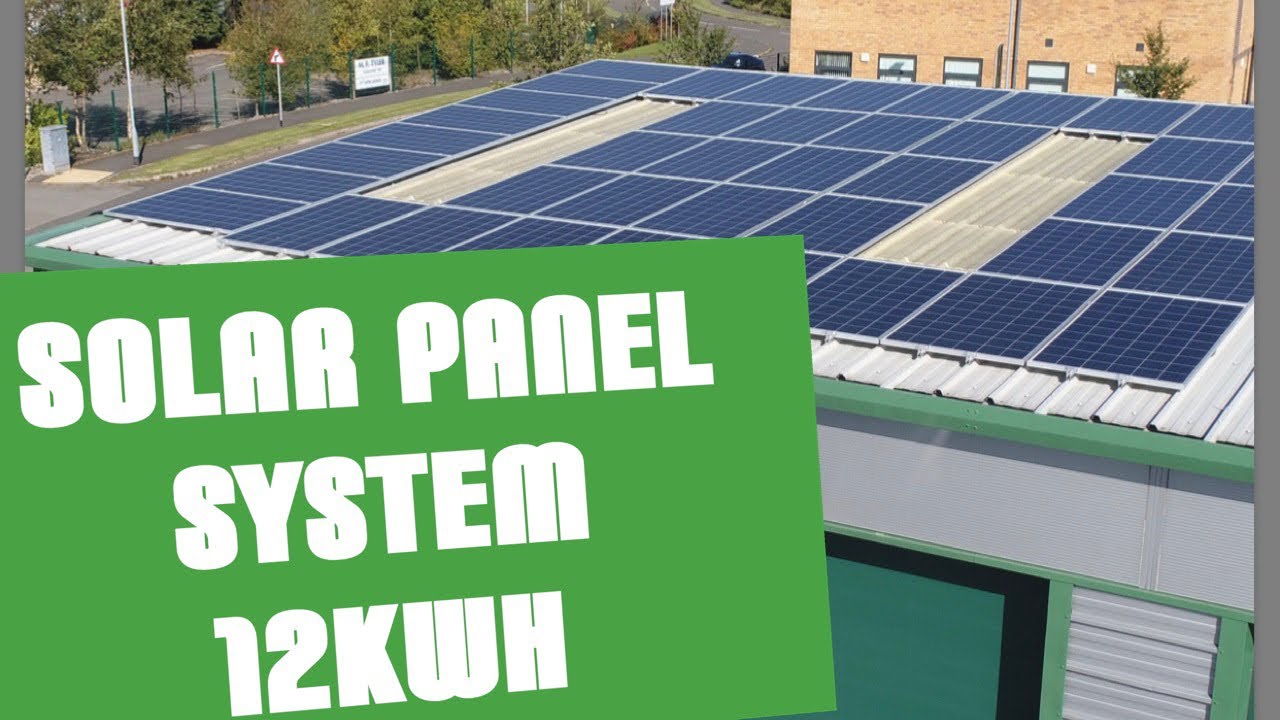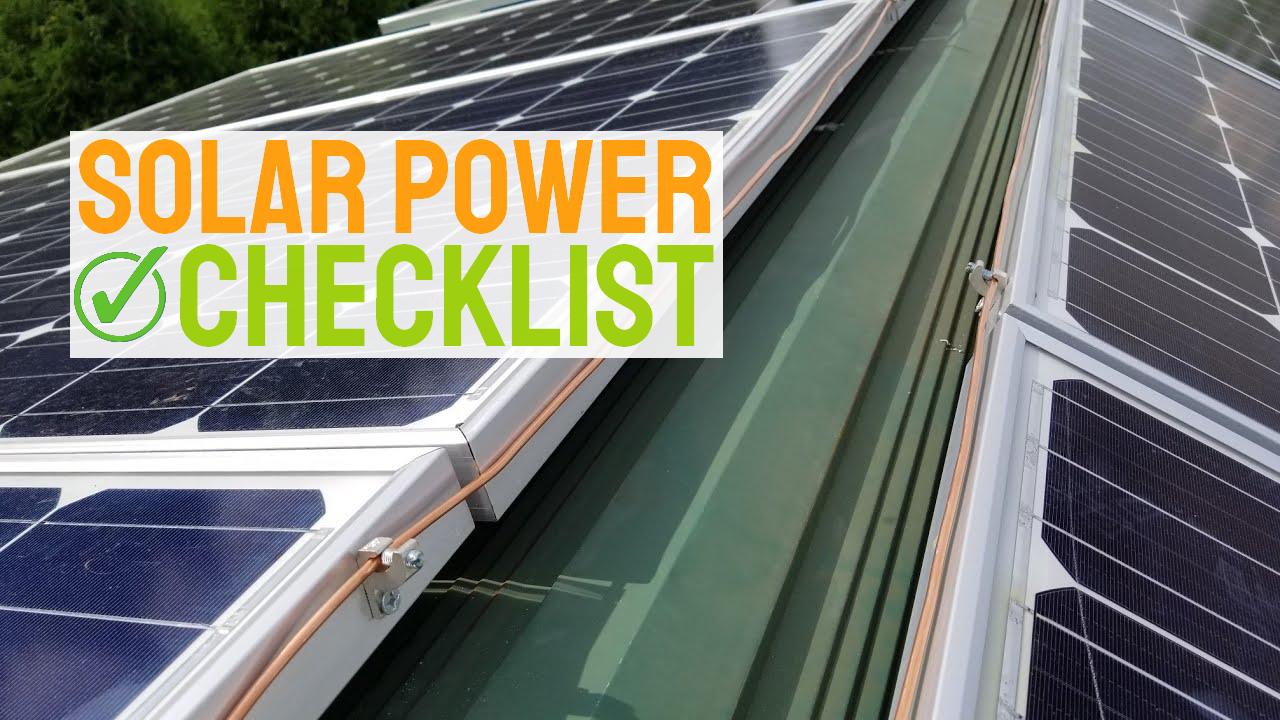
Massachusetts offers several incentives to get solar power on your home. The state offers tax exemptions for systems that were installed before December 31, 2011. SRECs also allow you to make a profit by selling energy back to the utility.
SMART program
The SMART program for solar in Massachusetts is a state-mandated incentive program that supports solar deployment across the state. The program encourages solar storage and pays a fixed, per-kWh rate to solar power over the lifespan of a given solar system. Massachusetts has doubled its solar target since last year, and recently made it mandatory for all solar systems larger than 500 kW to be paired with energy storage.
The Department of Public Utilities has approved the SMART solar program in Massachusetts. The DPU rejected the proposals of utilities to cap the on-bill credits that solar projects can receive in their local communities. The utilities also rejected a fixed charge on all ratepayers. They instead preferred a volumetric rate that places less financial strain on ratepayers.
Exemption from the property tax
Massachusetts offers a tax exemption to solar and wind project owners. This tax break may apply to homeowners who own homes in Massachusetts. But, it is important to know the rules for property tax exemption when you install a wind or solar energy system. The solar tax exemption cannot be claimed if you intend on selling the power generated to an electric utility.

The exemption must be applied for by filling out a form and submitting it at the local assessor. The exemption lasts for 20 year. The exemption will expire and you will need to apply again for it. Your assessor should keep a record of the year on your property record card. This will let you know when the exemption expires. A separate list should be kept by the assessor of exempt devices.
Financial incentives
Massachusetts is a great state for solar energy. There are excellent financial incentives available for panel installation. These incentives can be used to reduce the cost of solar panels and accelerate the payback time. Massachusetts has one the most generous solar incentives programs, the Solar Massachusetts Renewable Target Program. This program pays customers an hourly rate of $0.01 over a 10-year period.
The state offers many financial incentives, including tax credits and rebates, for solar installations. It is also working towards achieving its Clean Energy Standard, so its renewable energy portfolio has goals that are in line with this goal. Massachusetts offers tax credits through the federal government. In addition, the Commonwealth and some municipalities and towns offer rebates. Based on your income, you may be eligible for a tax credit as high as 30%. Massachusetts also has a new solar tariff program. It assigns a price to the energy you generate and then send back to grid. This program replaces SRECIII and SRECII.
Legality
You need to understand the laws of solar easements if you plan on installing solar panels in Massachusetts. These are agreements between you or another person that grant you permission to install solar panels on the property of their business. These agreements allow you to save money and receive tax benefits. Solar panels must have a direct path to the sun to work properly.
Massachusetts is committed to increasing renewable energies and solar energy systems are growing in popularity. But the proliferation of solar systems has prompted several legal battles in the state. Massachusetts Supreme Judicial Court decided recently that solar energy systems do not violate zoning laws.

Costs
You can cut down on your energy costs by installing solar panels in your home. The costs will vary depending on the size of the system, but the average cost per watt installed in Massachusetts is about $2.67 to $3.31. There are several ways to lower your costs and still make your solar installation attractive. For an estimate, ask a local professional solar installer. This will help you to figure out the price of your project.
Massachusetts offers numerous incentives for solar panel installation. The state offers incentives for solar panel installation, including exemption from sales tax and a tax credit of up to $1,000 for renewable energy. In addition, you could receive income tax credits up to $1,000 for producing solar electricity. Massachusetts also offers an SREC market to homeowners who generate solar electricity. You can make a substantial income selling your excess energy to utilities.